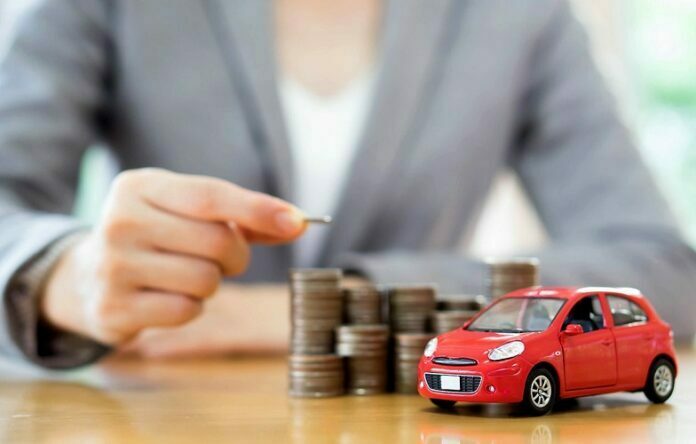Cars are expensive to purchase. They cost money. You can’t get around it. What you can do is reduce the cost associated with owning a car by being proactive. Cars these days don’t require a lot of babies, but they aren’t maintenance-free. Likewise, having proper insurance coverage makes owning a car a lot cheaper than over or even under-buying on your policy. Finally, the way you drive makes a huge difference in the cost of ownership. You can also visit this website https://fantasycongress.us/ to get detailed information about buying used or new cars.
Do Maintenance
Regular maintenance isn’t a scam dreamed up by the auto industry. Most cars these days are actually low maintenance vehicles, but they’re not “maintenance-free.” Manufacturers have incorporated more electronics, more filters that need to be changed, and higher-performance parts that wear.
Oil – Oil is your car’s blood. It lubricates all of the internal engine parts and keeps them running smoothly. When you don’t change your oil according to the manufacturer’s recommendations, you risk overheating the parts and catastrophic engine failure. Change the oil every 3,000 miles? Not anymore.
Most modern engines can go 5,000 or even 7,500 miles before they need an oil change. This is a dramatic reduction in maintenance from even 20 years ago. Still, it needs to be done.
Cabin Filters – Many newer cars have cabin filters that clean out the dust, pollen, and other contaminants in the air before allowing air to enter the cabin. It keeps the in-cabin air clean, but these filters dirty up around 30,000 miles. Don’t forget to change them. It takes about 5 minutes.
Brakes – Brakes are wear parts. It’s just how it is. When you press on the brake pedal, the brake pads on your vehicle rub against brake rotors (discs) and drums (in the rear of some vehicles). This is how your car slows down. Eventually, all that rubbing wears away both the brake pad and the rotor. Both need to be changed. Usually, this is done at about 30,000 miles.
Tire Pressure and Rotation – You should check your tire pressure when the seasons change, at minimum. Air naturally leaks out of your tire, even when you have new tires. Under-inflated tires will hurt your gas mileage, while overinflated tires will create premature wear on the tread.
Try to rotate your tires when you get your oil changed. It will help create even wear patterns on the tread and add life to them.
Change Wiper Blades – When the blades wear out, replace them. This is pretty intuitive. If you turn on the wipers, and they aren’t effectively clearing the windshield, it’s time to replace them.
Timing Belt and Water Pump – These need to be replaced every 60,000 to 80,000 miles. Sometimes, you can get away with replacing them every 100,000 miles. It’s especially important to change the timing belt and water pump on schedule if your vehicle has an interference engine. These engines are designed so that the engine’s valves (which allow fuel into the engine) and the pistons (which compress fuel and make combustion possible) occupy the same space at different times. The timing belt keeps the valves out of the path of the pistons.
When the timing belt breaks, it can damage the valves – creating a very expensive repair on top of the maintenance job. Click here https://blog-buster.net/ to get the latest news and updates regarding automobiles.
Save On Car Insurance
There’s no need to overpay on auto insurance. Shop around, consolidate your policy with your homeowner’s policy, and consider raising your comprehensive and collision insurance deductibles. All of this will help keep your premiums down – thus lowering the cost of ownership for your vehicle.
Drive Conservatively
Jack-rabbit starts kill your gas mileage. So does speeding. In general, the more conservative you are in your driving, the better your fuel economy will be. With gas pricing rising, how you drive can be just as important as regular maintenance.
In a way, driving is ongoing maintenance of your vehicle. The harder you drive your car, the faster wear-parts will wear out, the more gas you’ll use, and the more wear and tear you’ll put on the vehicle. Keep it conservative and you can keep your car running great for 20 years or more, if you want.
Morgan Bishop is a car salesman. He loves to share his best tips about cheaper car ownership on personal finance blogs. If you want to know more about them, visit this website https://atvwire.com/ right now!













